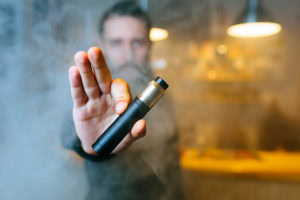Pyzer Criminal Lawyers is committed to creating high quality and legally verified content to help educate readers on subjects related to criminal laws in Canada. Here is how we achieve this goal:
Writing: Our content is meticulously researched and written by legal writers who source details from trusted sources of legal information including The Department of Justice Canada, and the Canadian Criminal Code. Our writing process may include the use of assistive AI technologies.
Editing: Each article is carefully edited by a senior writer to ensure accuracy, clarity, and relevance.
Legally Verified: The article is thoroughly reviewed and verified by a criminal lawyer from Pyzer Criminal Lawyers to ensure the factual accuracy of legal facts, assumptions, and interpretations within the content.
